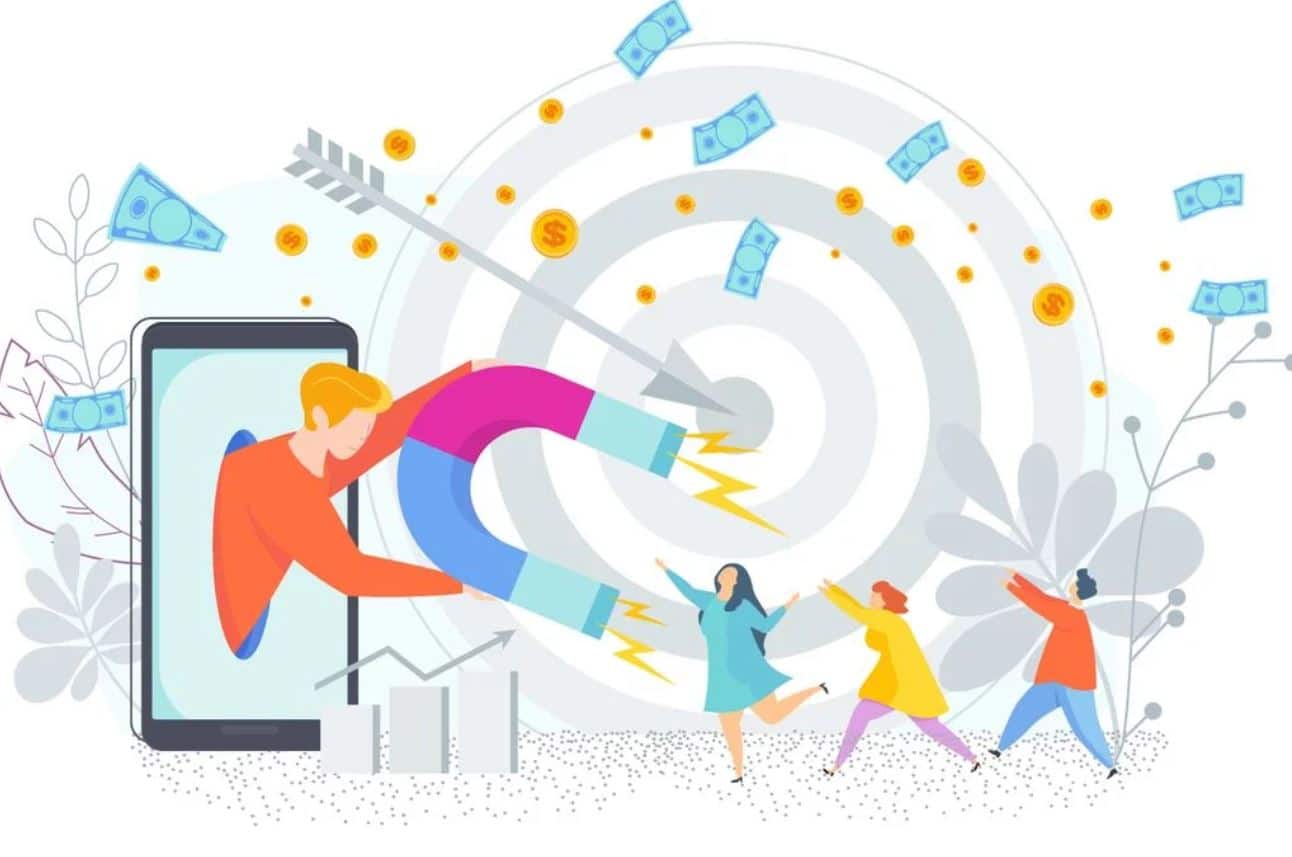$1 billion pledges are nice, but their partners deserve more.
Consumer companies, including the industry’s favorite duopoly, rightfully put consumers first. But Facebook and Google too often forget about publishers, their partners on the open web.
It’s a problem when such companies become more important than their partners—especially when the majority of their revenue comes from consumers, while partners rely mostly on the companies for revenue.
Imagine if Facebook and Google were dependent on publishers to reach consumers? What would they do differently to ensure publisher sites thrived?
Recently, both Facebook and Google pledged to invest $1 billion to pay for content that fuels their services. Not everyone agrees on how valuable this actually is, and it’s unclear if the money represents the true value of content appearing on search engines and in social feeds. More importantly, is this what truly matters to the open web and to publishers?
Here are 5 things publishers should demand from Google and Facebook to prove their commitment to supporting journalism, publishers and the open web.
Send traffic, don’t host it
Big Tech should pledge to send traffic to the open web instead of coming up with new ways to host it. We don’t want any more solutions like Instant Articles. These types of initiatives have killed sites like The Awl and DNAInfo. Publishers like money, but they like direct relationships with consumers on their sites even more.
Use your insights to improve the open web
The data Facebook and Google uses for their own services helps them monetize and engage consumers on social feeds and search pages. They should share what publishers’ customers are reading and watching on their platforms. This would give publishers a better idea for content they should create, how to create more engaging journalism, how they can better personalize their sites and more.
Build an early warning system to protect publisher traffic
When almost 50% of the open web’s traffic comes from social networks and search engines, every small change to the algorithms, or how traffic is being sent, creates a butterfly effect in the open web. Sites including Mic and The Little Things have suffered tremendously after waking up one day to changes in traffic.
If 100% of Google’s and Facebook’s revenue came from sites such as Mic, they would immediately try to help fix a decrease in traffic.
What should happen? When a segment of publishers experiences a more than 10% of traffic fluctuation in traffic—a threshold commonly used in service level agreements between firms—Google and Facebook could commit to a cure period to try and help the publisher.
Help get 3 billion people on the open web to login
Google and Facebook should encourage consumers to log into publishers’ sites—in addition to Facebook and Gmail—and should help publishers with strategies to better serve those visitors. Publishers could then provide a more personalized and cross-device experiences and realize better average revenue per user. Google and Facebook could also help publishers sign up customers to newsletters, paid services, events and more. This will make the open web we need better and stronger.
Defeat fake news and hate speech
We’ve complained about Big Tech for years and the fake news and hate speech it has distributed. It is a risk to everyone, Facebook and Google included. Let’s build a public policy and share bad actors’ information with one another so we can all block them faster while making sure there is always diversity of opinion globally.
A thriving open web is good for people, for publishers’ businesses and for Facebook and Google too. It’s great for making search engines and social feeds more interesting, and better for the hundreds of thousands of employees who work for the platforms.



